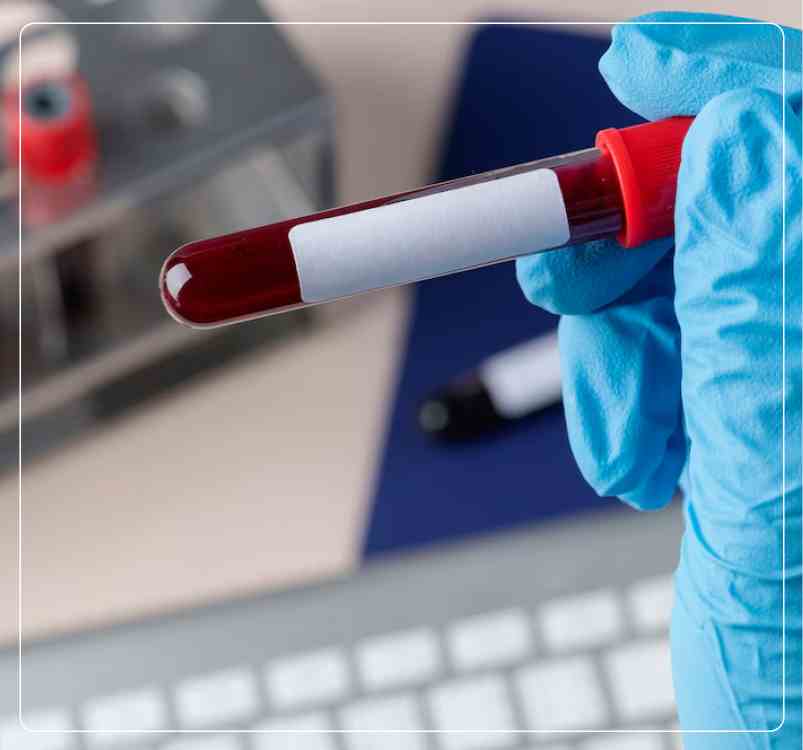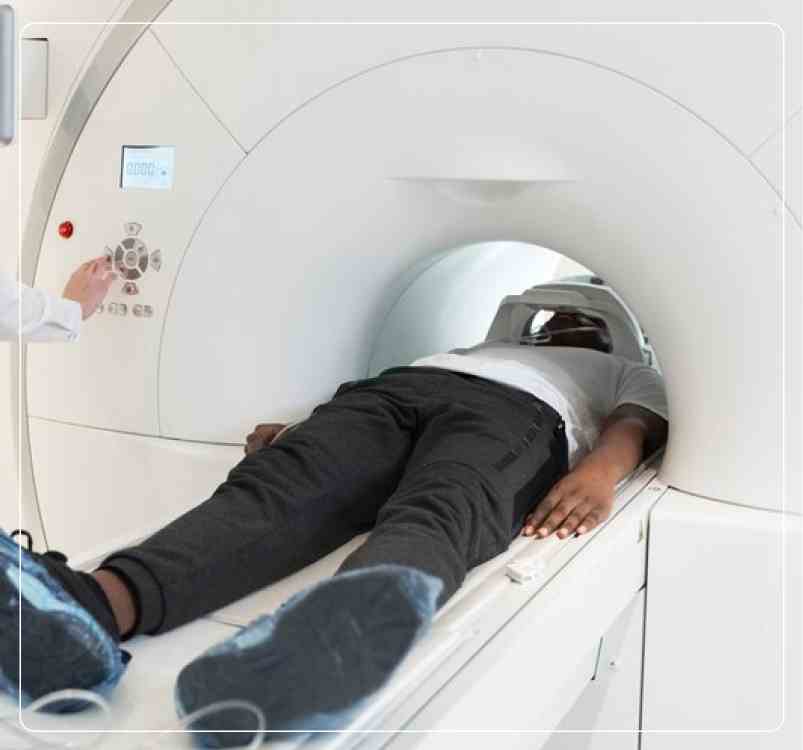Sarcoma
Dr. Mukti Mukherjee
[12+ Years Experience]
Radiation Oncologist In Kolkata
Sarcoma Doctor in Kolkata
If you seek expert care and sarcoma treatment, consult Dr. Mukti Mukherjee, a renowned radiation oncologist in Kolkata.
Types of Sarcoma
Soft Tissue Sarcomas
Angiosarcoma:
Develops in the cells lining blood or lymphatic vessels.
Fibrosarcoma:
Grows in the connective fibrous tissues surrounding ligaments.
Leiomyosarcoma:
Affects smooth muscle, often found in abdominal organs e.g. uterus.
Liposarcoma:
Arises from fat cells, commonly located in the layer, below the skin in trunk, limbs, and abdomen.
Rhabdomyosarcoma:
An aggressive cancer type that affects skeletal muscle.
Synovial sarcoma:
Primarily grows around the joints.
Bone Sarcomas
Osteosarcoma:
The most prevalent primary bone cancer.
Ewing sarcoma:
Frequently affects the pelvis, chest wall, and the mid-section of long leg bones.
Other Types
Sarcoma Uterus:
A rare type of uterine cancer.
Sarcoma Brain:
A rare type of brain tumor.
Retroperitoneal sarcoma:
A tumor in the retroperitoneum, behind the abdominal cavity near the pancreas and kidneys.
Reach out: Your path to quality care starts here
58, Canal Circular Rd, Kadapara, Phool Bagan, Kakurgachi,
Kolkata – 700054
Let’s Talk
Symptoms
A painless sarcoma lump
Swelling in soft tissues, legs, pelvis, trunk or back
Causes

Genetic mutations or disorders, i.e., Von Recklinghausen’s disease (neurofibromatosis)

Exposure to radiation or harmful chemicals

Age and immune system factors

Family history of sarcoma cancer

Lymphedema

HIV (responsible for Kaposi’s sarcoma)
Evaluation
Stages of Sarcoma
Localized, small, and low-grade.
Stage III
High-grade with possible spread to nearby tissues.
Stage IV
Advanced stage with metastasis to other organs, like lungs or kidneys.
Management of Sarcoma
Different types of sarcomas require different treatment approaches for positive outcome. Here are treatments Dr. Mukti Mukherjee recommends to the patients:
- Surgery
- Radiation therapy
- Chemotherapy
- Epigenetic therapy
- Immunotherapy for angiosarcoma, undifferentiated pleomorphic sarcoma (UPS), myxofibrosarcoma




